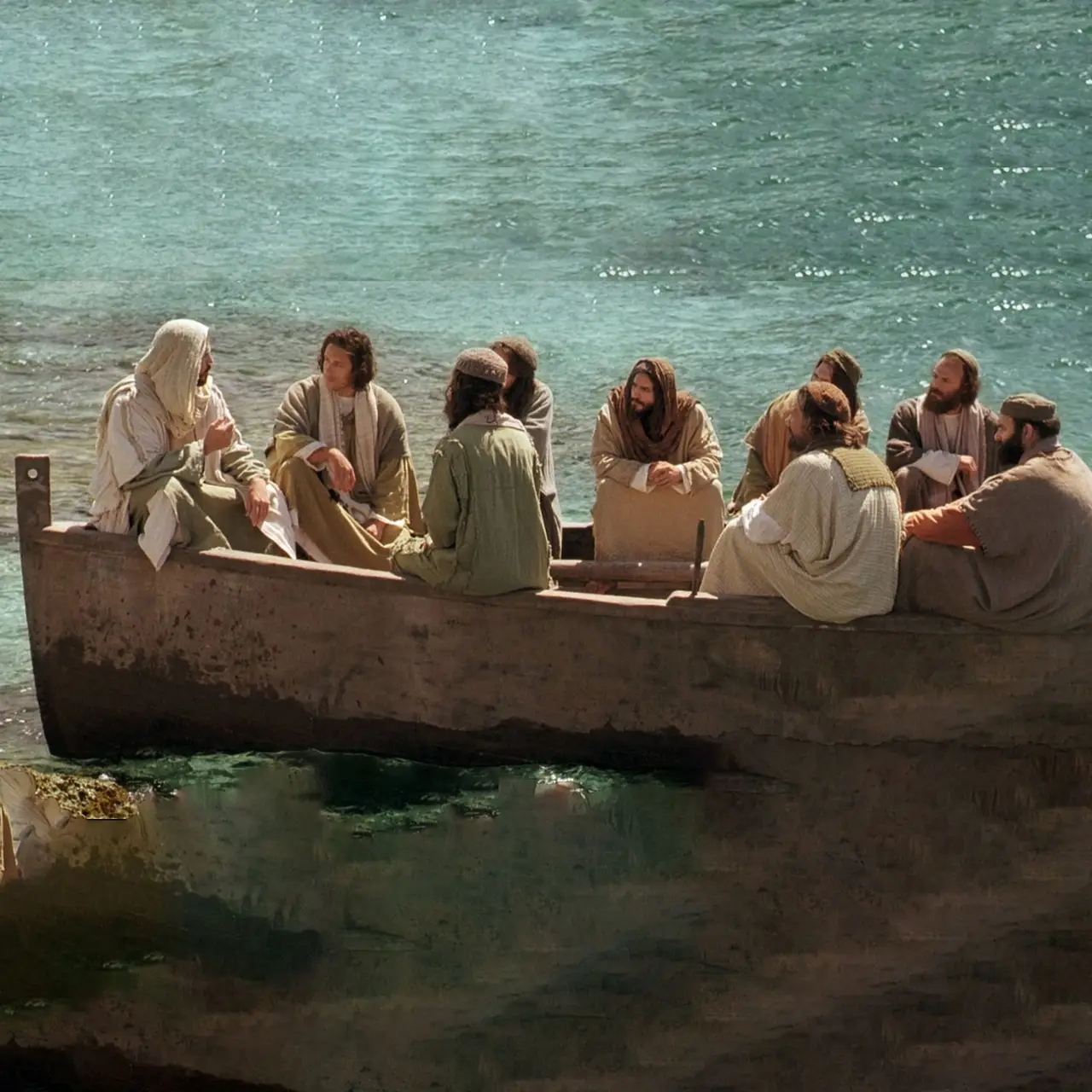
OpenAi Translation Testing
A question.
Is OpenAi, or similar tools unbiased and linguistically accurate enough to assist in original ancient language to current written language translation?
Testing.
- Create a Python program to connect and query the OpenAi API
- Get a list of the current Artificial intelligence (Ai) models available in the toolset
- Test a few of the models to see which will suit our needs
- Write an initial test for response for a current popular query (English only). Completion tool.
- Test an Active Voice translation (English only). Edit tool.
- Test a first translation (English to Indonesian). Edit tool. Check given translation by converting back to English with established online sentence structure translator.
- Test second translation (Ancient Greek to English). Edit tool. (John 3:16-18)
- Test third translation (Ancient Greek to Indonesian, Indonesian to English). Edit tool. (John 3:16-18). Check given Indonesian translation by converting back to English with established online sentence structure translator.
- Check results. Legibility. Accuracy. As a plain native English reader.
- Extra. Is the Ai model trainable, can we add new written languages? https://analyzingalpha.com/openai-api-python-tutorial#Fine-Tuning_Existing_GPT-3_Models
Outcome and conclusion.
- The public models are somewhat unreliable, almost unethical, in diverting to gibberish to satisfy input and answer; likely bias
- Automation still requires vetting by professional / expert translators in any given language
As I sought counsel from known and trustworthy translators, I was reminded that Scripture is twice inspired, the first time when God-breathed it into His original text via the voice and hands of His authors, and the second time when we read it, write it, recite it. I'm satisfied with that.
2 Timothy 3:16-17
All Scripture is God-breathed and profitable for teaching, for reproof, for correction, for training in righteousness, so that the man of God may be equipped, having been thoroughly equipped for every good work.